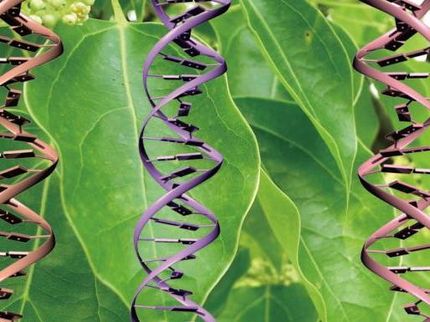Genome BC collaborates with Chile and Norway to sequence salmon genome
Advertisement
The economically important, environmentally sensitive Atlantic salmon species will have its genome fully sequenced, thanks to an international collaboration involving researchers, funding agencies and industry from Canada, Chile and Norway. Genome BC is partnering with the Chilean Economic Development Agency, InnovaChile, Norwegian Research Council, Norwegian Fishery and Aquaculture Industry Research Fund to form the International Cooperation to Sequence the Atlantic Salmon Genome.
The Cooperation will invest approximately US$6 million in phase one of a multi-phased project to produce a genome sequence that identifies and maps all of the genes in the Atlantic salmon genome and can act as a reference/guide sequence for the genomes of other salmonids (e.g. Pacific salmon, rainbow trout and more distantly related fish such as smelt and pike.)
With salmonid product exports from Norway, Chile and Canada valued at US$3.4 billion, US$2.3 billion and US$0.6 billion, respectively in 2007, the sequenced genome will be an important public resource that may lead to better management of wild fish stocks, breeding selection for commercially important traits, and elements of food quality, security and traceability.
In addition, the fully annotated salmon genome will provide important clues about the impact of cultured fish escapees on wild populations, conservation of populations at risk, strategies for combating pathogens, as well as allowing for more accurate assessments of the sustainability of aquatic environments.
Dr. Ben Koop sits on the Cooperation's Executive Science Committee. "This project is an international effort to address - in a whole new way - questions that are of economic and social importance to aquaculture, conservation, and the environment," he says.
"The genomic data that we will acquire will be crucial to the development of new methods and products that will assist the world's wild fisheries and aquaculture industries," says Genome BC's Chief Scientific Officer, Dr. Pierre Meulien. "In addition, this research builds on knowledge obtained through earlier fisheries research funded by Genome BC."






















































